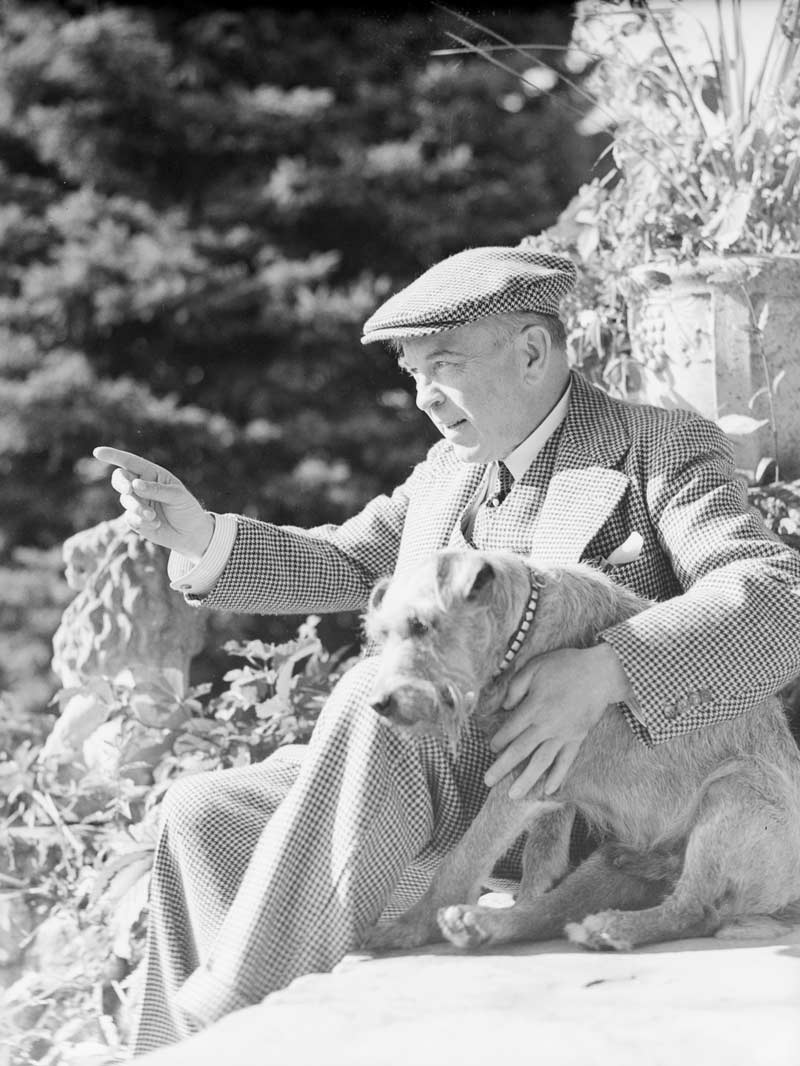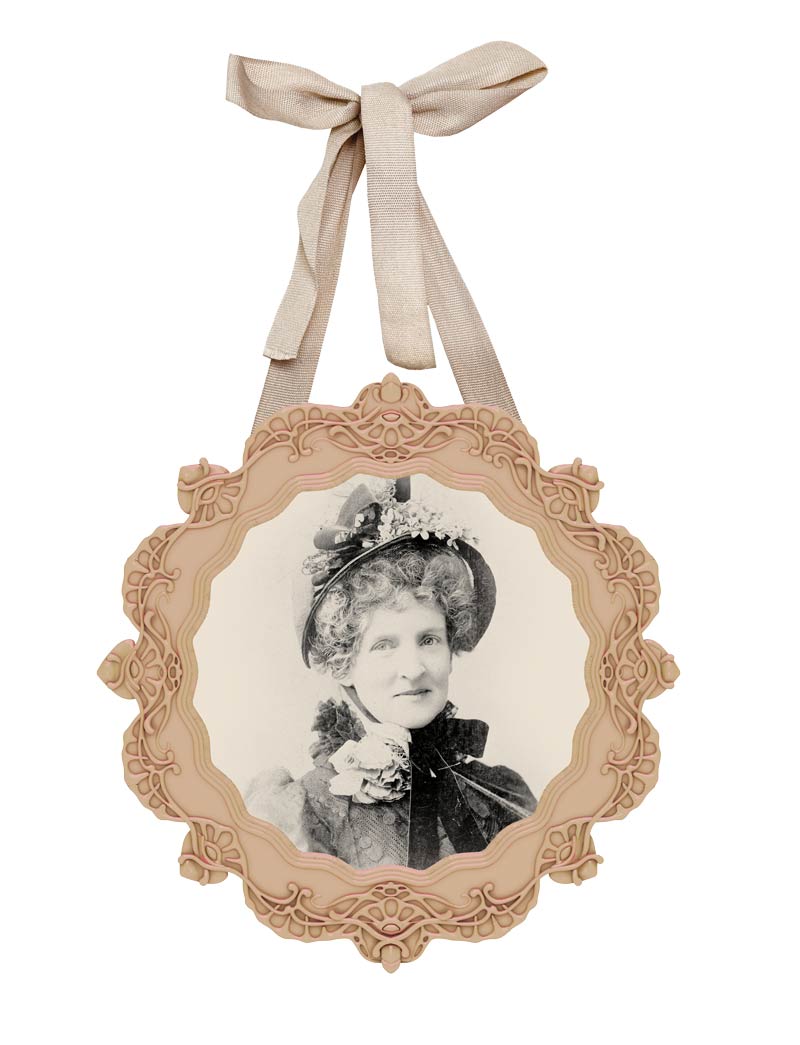
Mackenzie King poses with his dog, Pat, in 1940. [Yousuf Karsh/LAC/PA-174058]
William Lyon Mackenzie King was Canada’s longest-serving prime minister— spending almost 22 years in office, his 1921-1930 term only paused for three months in 1926 when Arthur Meighen’s Conservatives formed the shortest-lived federal government in the country’s history. King returned in 1935, campaigning with the slogan “King or Chaos.” The electorate chose King, and he remained PM until finally retiring in 1948.
Frank Scott wrote a poem, “W.L.M.K.,” that criticized King’s penchant for inaction. (“We had no shape/Because he never took sides.”) And it’s true that few politicians were able to inhabit the middle of the road like King. But supporters praised his steady hand, guiding the country through the last half of the Depression and the Second World War, introducing employment insurance, preserving its fragile national unity and increasing its independence from Great Britain.
King’s policies weren’t exciting, one historian noted, but they were largely successful.
King was dull and reliable, a lifelong bachelor with few friends. His outer life was politics. His inner life was more complicated. King kept a voluminous diary—some 50,000 pages—and it wasn’t until its posthumous publication that Canadians saw a glimpse of King’s occasionally bizarre private world.
King’s policies weren’t exciting, one historian noted, but they were largely successful.

King was a closet spiritualist who is believed to have often contacted his dead mother.[James Esson/LAC/PA-139596]
King was a closet spiritualist, often consulting a Detroit medium named Etta Wriedt. Through Wreidt and other mediums, King contacted his dead mother, his closest relationship, and his deceased Irish terriers, each named Pat, a close second. He had conversations with Queen Victoria, Anne Boleyn, Leonardo da Vinci, Wilfrid Laurier and Philip the Apostle. He consulted fortune tellers, saw meaning in tea leaves, embraced numerology and participated in seances that involved “rapping,” where the spirits spelled out responses by knocking on the table: one tap for A, two for B, etc.
Thankfully, King rarely used these experiences to guide him in political matters. More often, they confirmed what he already thought, which would argue against their authenticity.
King’s diaries also revealed some of his political miscalculations. After meeting Hitler in 1937, King believed that like himself, Hitler was a spiritualist. His “Mother’s spirit is I am certain his guide,” he wrote. “I believe the world will yet come to see a very great man—mystic, in Hitler.” (King wasn’t alone in this characterization: a British diplomat compared Hitler to Gandhi.) After their session, King concluded that war wasn’t imminent.
King’s oddities weren’t public knowledge during his tenure, and he remained popular, if not beloved, throughout it. His political skills were subtle, but he instinctively understood how to keep Canada together, a country perennially divided by geography, politics, language and culture. For 22 years, he was the still, some would say inert, centre of the national conversation.
Through a medium, the deceased U.S. president Franklin D. Roosevelt advised King not to retire, that his country still needed him. But in 1948, King’s health was failing, and he announced his retirement. He died two years later.
Advertisement


















